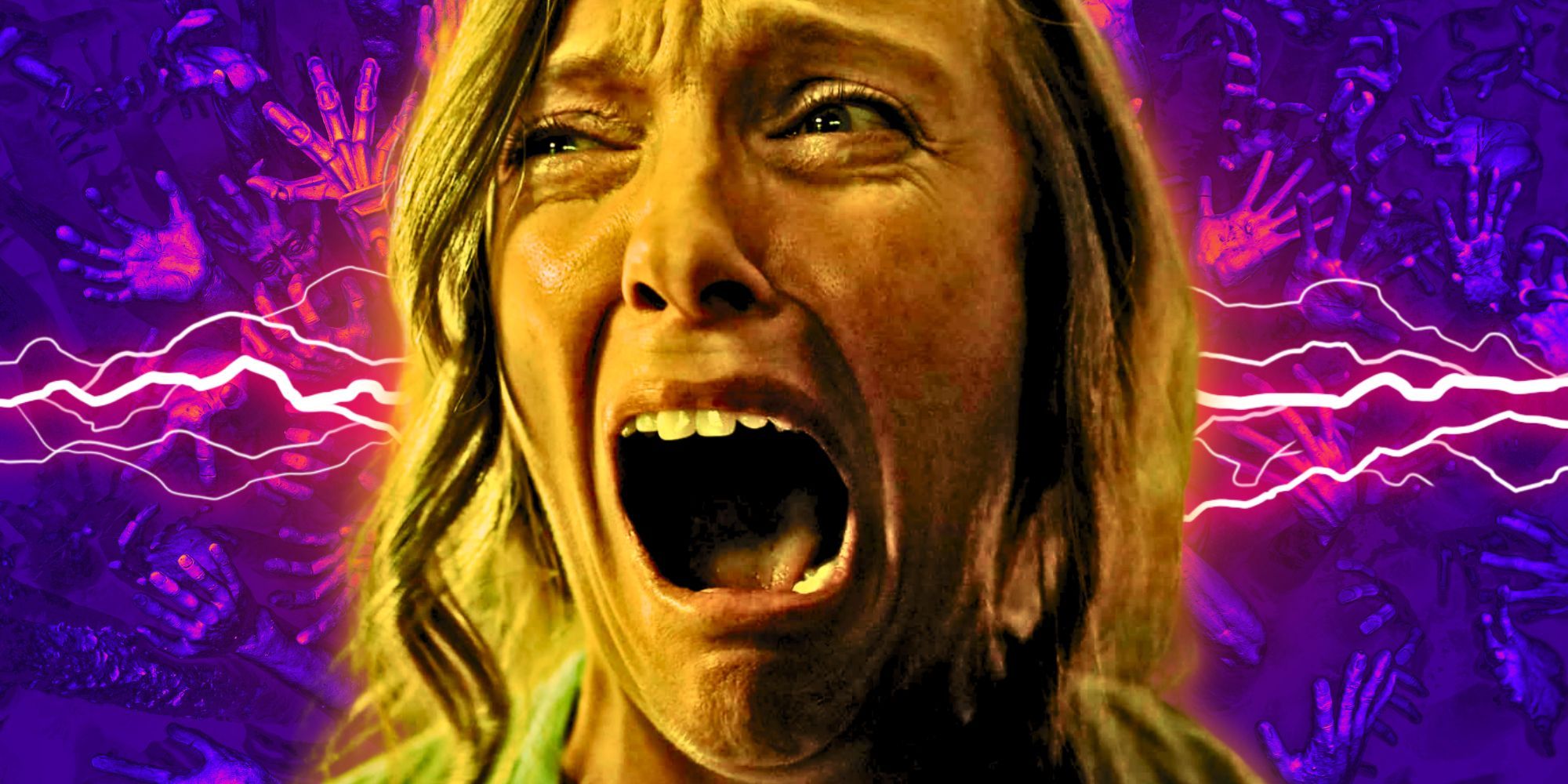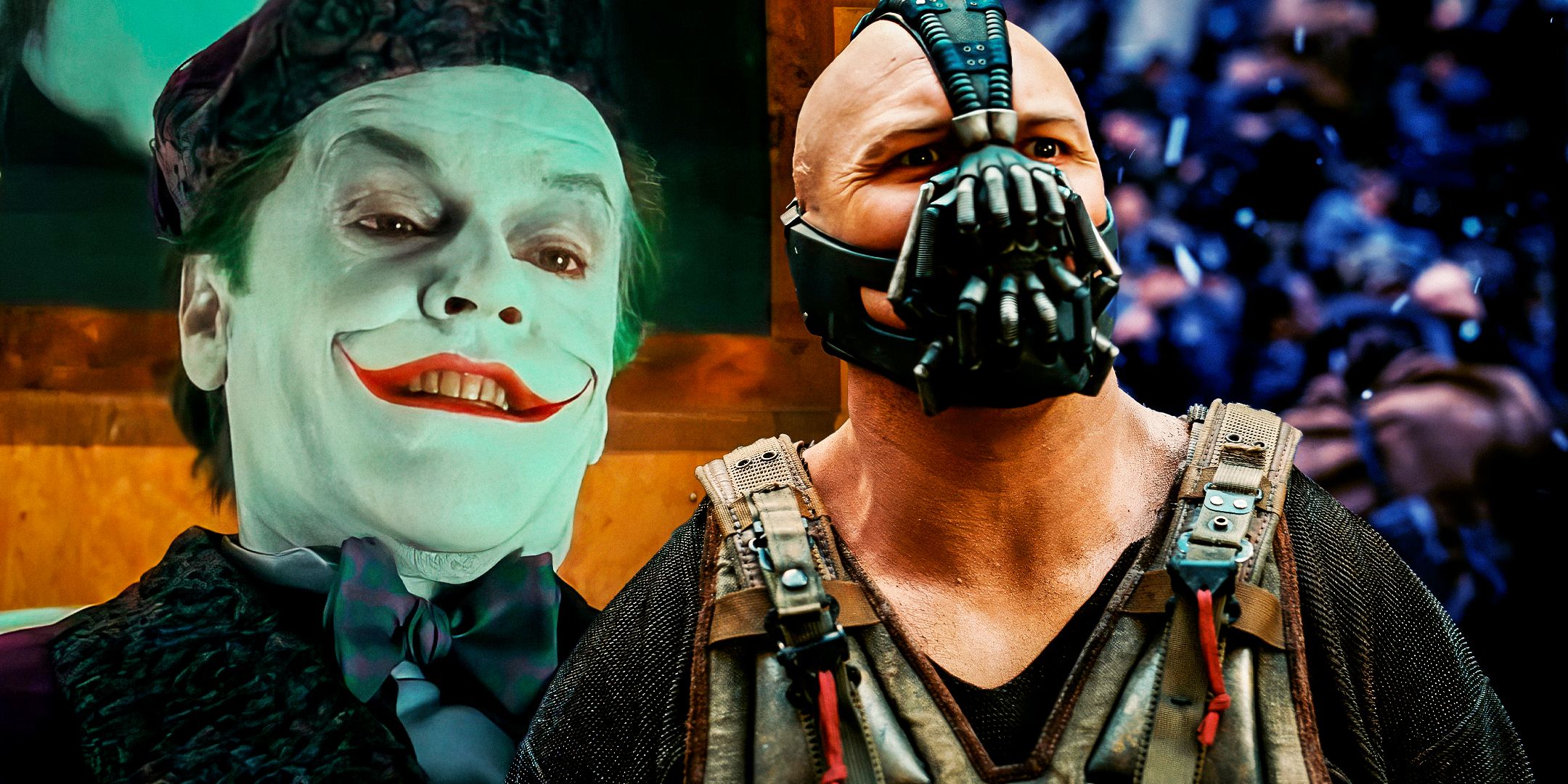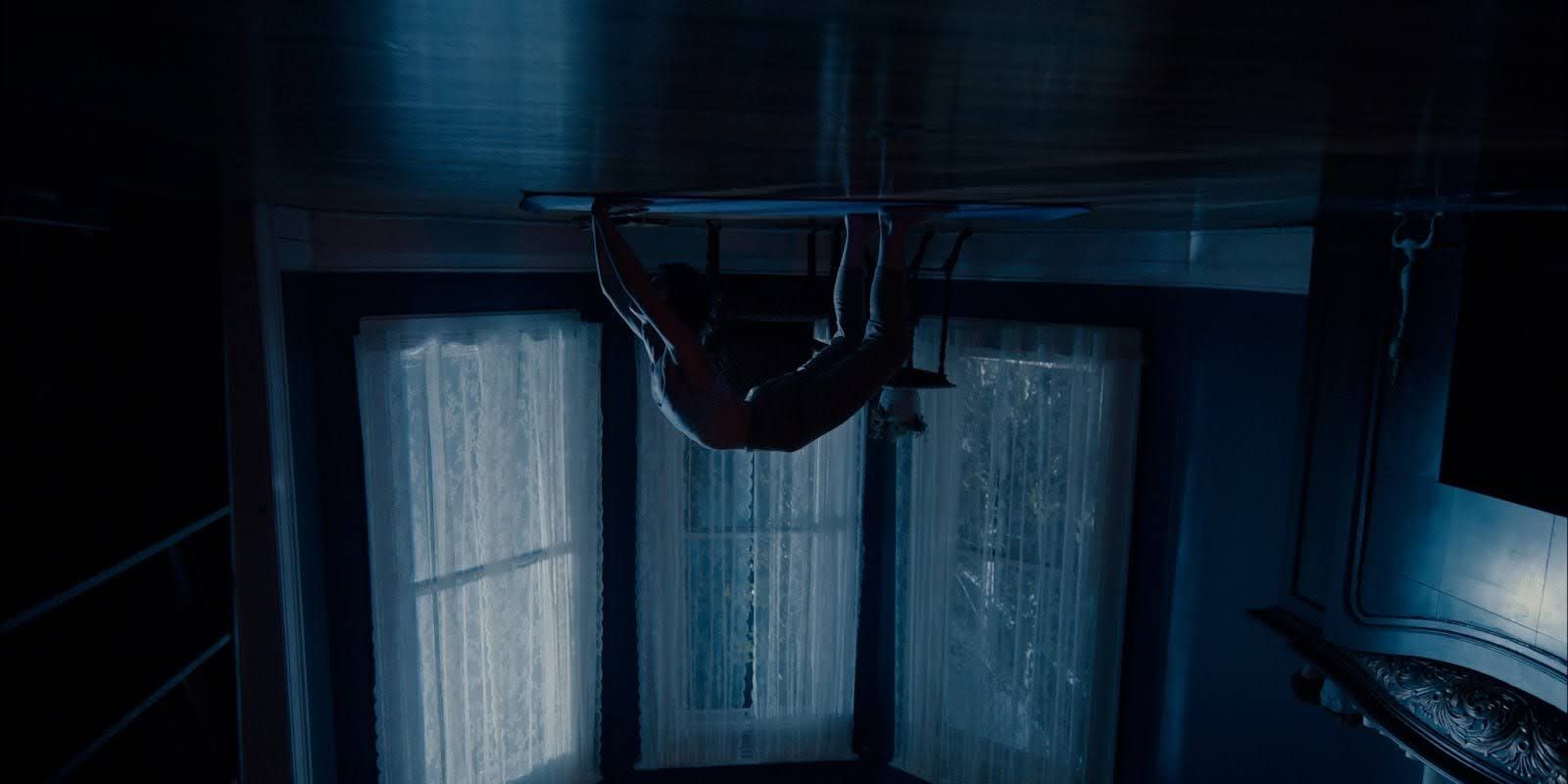Summary
- Mind Body Spirit critiques influencer culture and white Western appropriation of yoga.
- The film builds fear through anticipation, an absence of jump scares, and minimal violence.
- The ending is anti-climactic, with Anya's fate feeling predetermined, emphasizing journey over destination.
As technology evolves, so must filmmaking, and Mind Body Spirit understands this, managing to make the found footage genre fresh and familiar simultaneously. Starring Sarah J. Bartholomew, the movie follows the fledgling fitness influencer Anya as she embarks on a misguided attempt to reconnect with a deeper spiritual self. Taking place almost entirely through the voyeuristic lens of footage meant for a social media following, the story leaves us questioning our role as viewers. If I am watching this woman's unraveling, am I complicit, and what does that make me?
Mind Body Spirit is a film that explores the interconnectedness of physical, emotional, and spiritual well-being. The story follows a group of individuals as they navigate their personal struggles, seeking balance and harmony in their lives.
- Mind Body Spirit nicely explores the complicity of influencer culture
- Sarah J. Bartholomew is excellent in her role
- The film doesn't trust its audience enough
- Mind Body Spirit's ending is anti-climatic
Like all the best found footage horror movies, the film is meant to comment on the nature of contemporary social issues. When Mind Body Spirit embarks on its most direct skewering of the white Western appropriation of the practice of yoga, it's with a self-aware air. The filmmakers understand that even their critique of this is self-serving. Their intentions cannot be separated from their position as creators. This is reflected in Anya's characterization and lack of personal desires, needs, and convictions. In many ways, she's already an empty vessel at the start.
Mind Body Spirit Is A Strong Critique Of Influencer Culture
The many ways that monetizing wellness has done more harm than good
Like most modern horror movies, Mind Body Spirit owes a lot to Ari Aster's Hereditary. There are few true jump scares and even less onscreen violence, but this effectively leaves the worst of it up to the imagination. Fear and anticipation are built slowly but surely throughout the plot. In almost every shot there is a door left slightly ajar, or empty chairs waiting to be sat in, which drives home the point that Anya is never alone. Small drops of Anya's past and what brought her to her grandmother's empty house are provided, ensuring the exposition doesn't feel forced.
What we do find out about Anya makes her more sympathetic, but it still leaves much open to interpretation. Anya is comically bad at yoga and is, ultimately, just as much of a cultural trespasser as she accuses others of being. Within the frame narrative of her collection of video diaries, YouTube-like ads are brought in to better clue the audience into the themes of exploitation and greed. While the ads are funny and provide breaks in the tension that the isolated setting needs, they are wholly unnecessary. Anya’s interactions with Kenzie (Madison Bready) serve the same purpose.
Seeing the lengths Anya will go to profit off her insecurities and uncertainty about her future is a relatable but ugly reflection the audience sees itself in.
If Mind Body Spirit trusted its audience more, there wouldn't have to be metatextual references to influencer culture that date the film. Anya falls victim to the unfortunate fate of many horror movie protagonists. Her lack of common sense is frustrating to the point of being unrealistic. The contemporary imperative to be constantly performing and always camera-ready is an exhausting reality of the 21st century. Seeing the lengths Anya will go to profit off her insecurities and uncertainty about her future is a relatable but ugly reflection the audience sees itself in.
Most people are guilty of making similar videos and watching them with equal fervor. Co-directors Alex Henes and Matthew Merenda did a lot with their limited resources, playing to their strengths of anticipation and practical effects. Due to the scale of the production, some of the gorier moments in the film fell flat, but they don't tank the quality. As an actor, Bartholomew has a lot riding on her performance, and for the most part, she nails it. Her physicality stands out above all else, as she expertly telegraphs internal changes and anguish to the audience through her body language.

10 Slow-Burn Horror Movies Where The Payoff Is Worth It
Although slow-burn horror movies can take a while to get going, the sub-genre's best entries feature truly amazing endings that are worth the wait.
Mind Body Spirit's Anti-Climactic Ending Leaves Something To Be Desired
The movie gives away the best of itself too early in the story
The twist at the end is hardly a twist, as the audience can see the consequences of Anya's actions coming from a mile away. The inevitability of the movie's conclusion makes it truly about the journey rather than the destination. However, the moment when Anya is forever changed feels more like an epilogue, not a climax. There is never an indication that Anya might wake up and choose the right path, making her fate appear sealed from the moment she steps onscreen. While this certainty about the future aligns with the movie's themes, it can be hard to watch.
Mind Body Spirit should be praised for what it was able to do with a limited setting and only a few characters, and will likely come to be known as a time capsule of this period of technological reliance. In Anya's slow march toward her fate, there are plenty of ghosts, real and imagined, hiding in the corners of the movie. Even at its most repetitive and obvious, the film works hard to keep our attention, and for the most part, it's well-earned and maintained.
Mind Body Spirit is now available to rent on digital.





